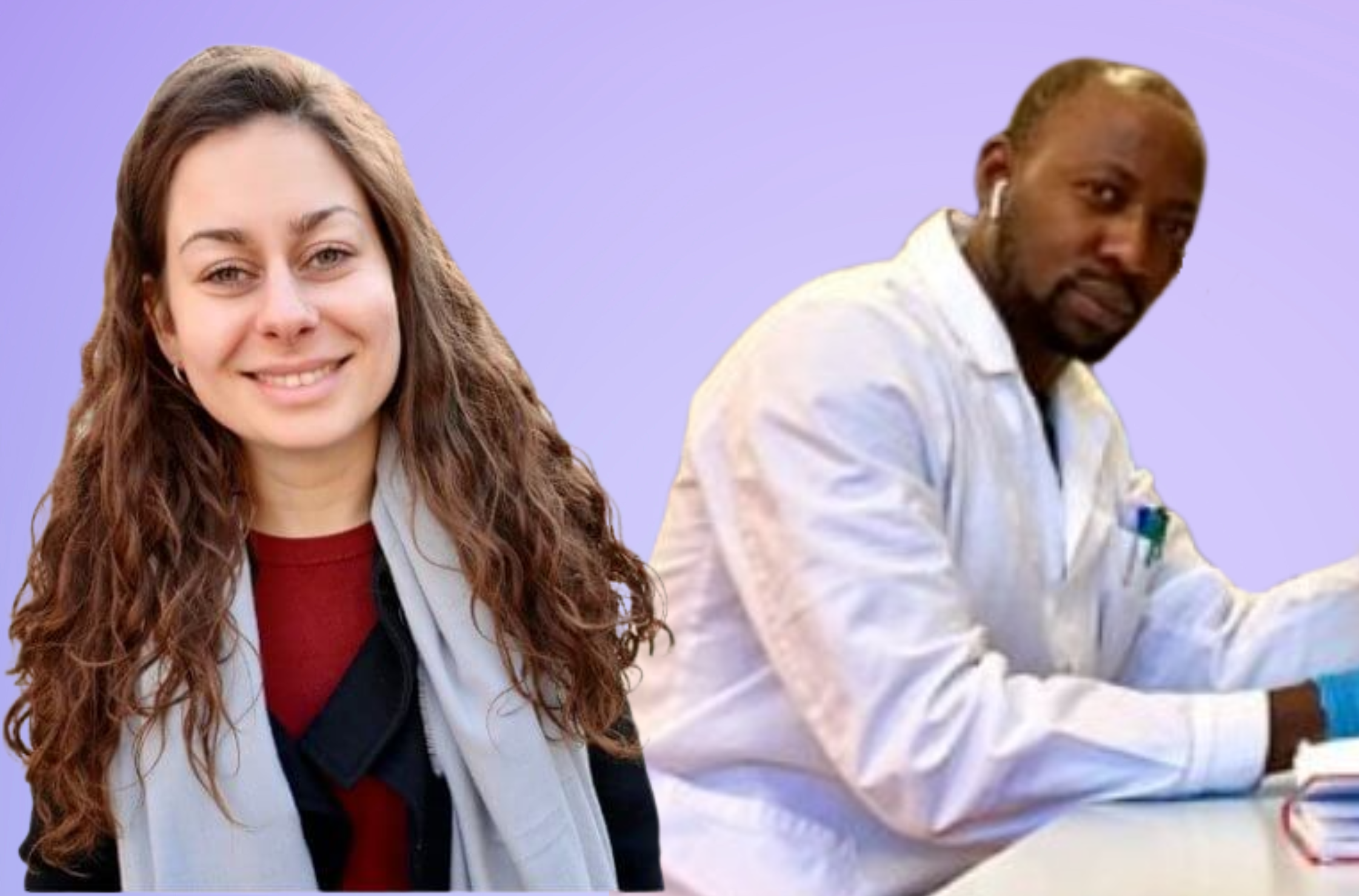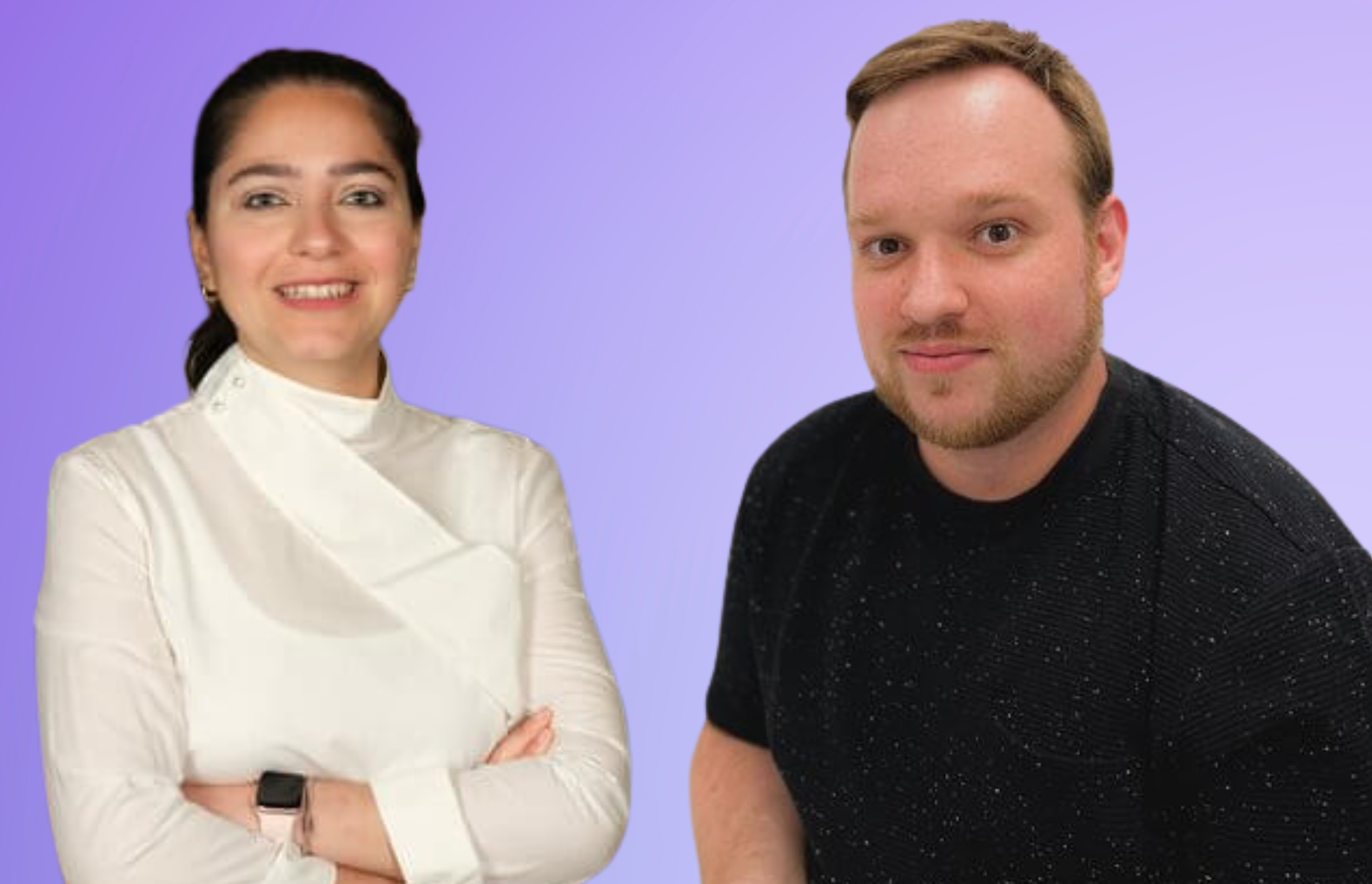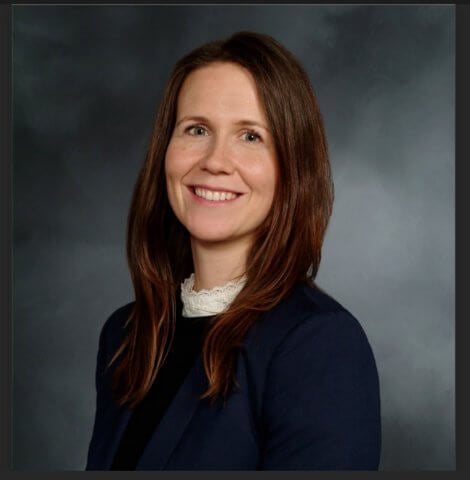PETA Science Group Presents Awards to Researchers Embracing Non-Animal Tests
It’s awards season when it comes to advancing animal-free science! And we have all the details on the latest winners of PETA Science Consortium International e.V.’s travel, training, and technology awards.

These awards provide researchers with the training and tools they need to pursue careers in and stay updated on the latest non-animal science.
Travel Awards and Training Opportunities, Courtesy of the Science Consortium
Two scientists from Swansea University in Wales won the Science Consortium’s travel award to attend a workshop on non-animal test methods for assessing the potential of chemicals to cause genetic toxicity in humans.
A Dutch biotech company hosted this workshop in Oegstgeest, the Netherlands, in October 2022. A genetic toxicologist and a Ph.D. candidate attended lectures by renowned scientists and participated in extensive hands-on training using novel, non-animal methods that replace tests on mice and rats.

Scientists and regulators from the U.S. and Brazil received awards to attend training courses sponsored by the Science Consortium and hosted by a prestigious non-animal testing facility in Gaithersburg, Maryland.
These ongoing training courses are sponsored by the Science Consortium several times each year.
Attendees of the January 2023 training course included scientists from the California Environmental Protection Agency, the U.S. Environmental Protection Agency, and the U.S. Food and Drug Administration.

The July 2023 attendees are from Brazilian regulatory agencies and research and academic centers, including the Agência Nacional de Vigilância Sanitária and the Centro Nacional de Pesquisa em Energia e Materiais.

Attendees of these courses learn from experts about conducting and applying the latest animal-free test methods.
Ispra, Italy, was the destination for the lucky winners going to the European Commission’s Joint Research Centre Summer School on Non-Animal Approaches in Science.
A Ph.D. candidate at the Universitat Pompeu Fabra in Barcelona and a master’s student at the University of Potsdam in Germany won the Science Consortium’s early-career scientist awards to attend the program from May 23 to 26. They explored new developments in the field of non-animal testing approaches by attending expert lectures and interactive sessions.

The Science Consortium sent early-career scientists to Germany to learn about non-animal skin allergy testing.
An assistant professor from İstinye University in Istanbul, Turkey, and a doctoral student at the Slovak Academy of Sciences in Bratislava, Slovakia, won awards to attend a workshop on the latest developments in skin allergy testing methods. The workshop was held on June 15 and 16 and provided hands-on experience with non-animal methods that can replace the use of tests on rabbits and mice.

The Science Consortium Awards Researchers Cutting-Edge Technology and Resources to Replace Animals in Testing
A scientist at Trinity College Dublin won three-dimensional human cell–based tissue models of the human respiratory tract that replace tests on rats and other animals.
This is the second time the Science Consortium and Epithelix have teamed up to offer these models, which can be used to test the effects of pharmaceuticals, industrial chemicals, pesticides, and household products on the respiratory tract instead of squeezing rats into tiny tubes and forcing them to inhale toxic chemicals. These models will be used to test the effects of cigarette smoke and bacterial infections in lung diseases.

BioDimension Technology Private Limited is the winner of a grant from PETA India to help advance animal-free toxicology testing.
The company has developed several tests using human cells that can be used for everything from drug to cosmetics testing, helping to make animal-free methods more available and affordable for companies in India.
The Science Consortium has provided many more awards and grants, and this is just part of its effort to advance animal-free science.
For more than 10 years, its global team of scientists has worked with government agencies and industry to replace animals in toxicity tests, published scientific papers, organized and hosted webinars and conferences, and more. The Science Consortium is an award winner itself, having received multiple honors for this lifesaving work.
The Science Consortium and its members have donated millions of dollars toward improving and implementing non-animal test methods, including funding their development and validation as well as organizing free workshops, webinars, and training opportunities for scientists.

